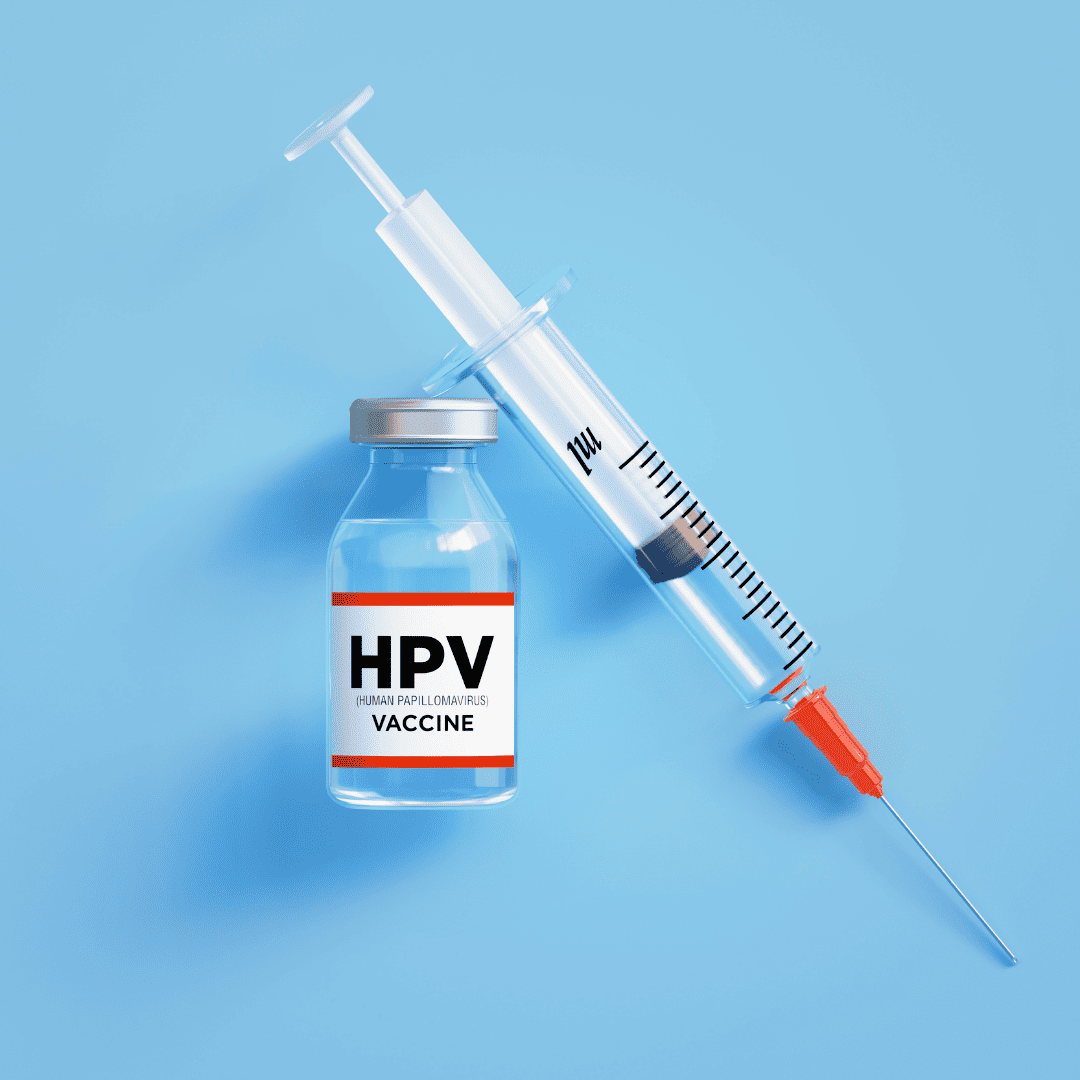Let’s revisit thyroid health.
I will tell you at least 60% of my clients have known or unknown thyroid issues.
What are the symptoms of thyroid issues:
HYPOTHYROIDISM (low thyroid function)
- Fatigue
- Weight Gain
- Brain Fog
- Constipation
- Dry Skin
- Hair loss
- Can’t tolerate cold
HYPERTHYROID (high thyroid function)
- Anxiety/Shaky
- Heart palpitations
- Restless legs
- Can’t gain weight
- Utter exhaustion – yes, it seems this type of person would be bouncing with energy but they are some of the most exhausted clients I have seen in my career
- Hair loss
- Bone Loss
- Can’t tolerate heat
But why so many with thyroid issues and why is thyroid disease often missed by conventional doctors?
BECAUSE THEY DON’T TEST IT PROPERLY!
A PROPER thyroid panel consists of these tests AT A MINIMUM:
- TSH
- Free T4
- Free T3
- Thyroid peroxidase Antibody
- Thyroglobulin Antibody
I often run more than that but these five are a good screen to start.
TSH is Thyroid Stimulating Hormone and it is secreted by the pituitary gland to stimulate the thyroid to produce T4 and tiny amounts of T3.
T4 is a relatively inactive thyroid hormone but it travels to the liver (predominately) and gut and is converted to T3.
T3 is the most bioactive thyroid hormone.
Thyroid antibodies: these are antibodies (our natural defense system) that get confused and act against important thyroid enzymes.
Most conventional practitioners run a TSH and maybe a Free T4. But those two tests are relatively useless in truly understanding the thyroid. You need to see the others to see the full picture of thyroid function.
THYROID AND OTHER ORGANS AND GLANDS
Most don’t realize the interplay of all the hormones of the body and what interacts with what.
Estrogen is well known to increase TBG (thyroid binding globulin) which then lowers the availability of the thyroid hormone, T4. But hypothyroidism can decrease estrogen clearance in the body!
Progesterone on the other hand can help convert T4 to T3 and make you have a more balanced thyroid function.
Cortisol can interfere with the conversion of T4 to T3.
Leptin – the satiety hormone – can activate T3 or Reverse T3 (inactive form of T3) depending on one’s level of leptin resistance (a super common phenomenon like insulin resistance).
The autoimmune thyroid disorder, Hashimoto’s Thyroiditis is rarely (if ever) tested for in the conventional medical world.
HASHIMOTO’S AND POOR T3 CONVERSION
Hashimoto’s Thyroiditis is inflammation of the thyroid due to “rogue” immune cells attacking important thyroid enzymes and eventually breaking down thyroid tissue, creating excess vasculature, nodules and a hypothyroid picture of symptoms – often WITHOUT hypothyroidism. So, if your doc is only running a TSH and maybe a T4 then it’s altogether missed!
If you not tested properly and are a poor converter of T4 to T3 hormone due to stress/cortisol, low selenium, some medications, birth control pills, poor gut health, poor liver health, etc. then you will feel all the symptoms of low thyroid but given no explanation and sent on your way.
Too little T3 can give all the signs and symptoms of hypothyroidism – BECAUSE IT IS HYPOTHYROIDISM. Conventional models only diagnose hypothyroidism with an elevated TSH and low T4 often totally ignoring the most important T3.
Low T3 is a BIG deal yet so rarely tested by conventional doctors.
WHY? Because if given a T3 support like Armour Thyroid, NP Thyroid or Liothyronine then the patient must be managed better to ensure that levels stay in range – the conventional model doesn’t like to do this.
Normal TSH with normal or high T4 and low T3 has even been shown to cause Heart failure! SEE HERE.
But as I described above – there is an interplay of all the systems in the body. You can even still test all thyroid labs and address the thyroid directly or you can realize that the body is much greater than one gland and thyroid disorders are intermixed with sex hormones, stress hormones and gut health.
You should never needlessly suffer because of incompetence and laziness. The conventional medical model is not designed to give you real answers. It’s designed to keep you in their system long-term!
As I always say, DEMAND MORE, DEMAND BETTER from your practitioners.
Best of health!
Dr. K

